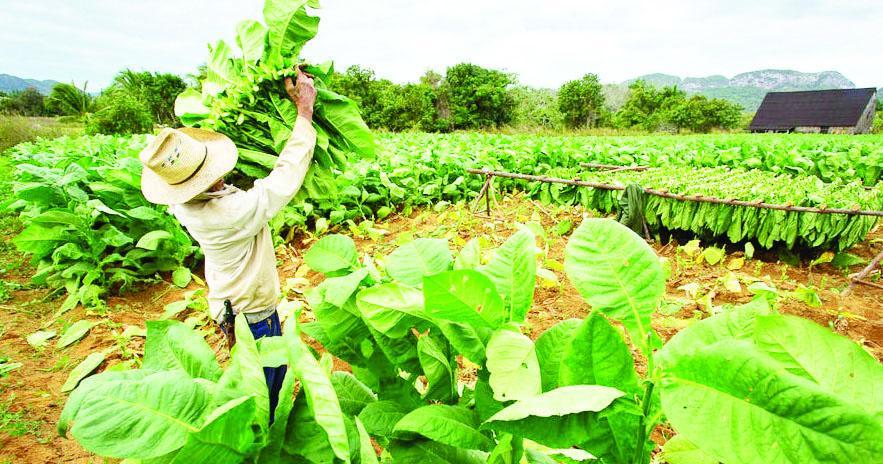Africa-Press – Malawi. Malawi’s international trade performance showed mixed results in 2024, with the country maintaining relatively stable import levels while experiencing a significant decline in export earnings.
This is according to figures from the International Trade Centre Trade Map website.
The information shows that the country’s total imports marginally decreased to $3.31 billion in 2024 from $3.33 billion in 2023, representing a slight decline of 0.5 percent.
However, exports dropped substantially to $958.5 million from $1.03 billion the previous year, marking a 7.1 percent decrease.
This performance has widened Malawi’s trade deficit, with the gap between imports and exports increasing from $2.3 billion in 2023 to $2.36 billion in 2024.
China remained Malawi’s largest trading partner for imports, though the value decreased to $535.2 million from $577.6 million in 2023.
South Africa maintained its position as the second largest source of imports at $493.7 million, down from $513.3 million.
Tanzania emerged as a significant trading partner, with imports from the neighbouring country surging to $340.6 million in 2024 from $236.0 million in 2023, representing a 44.3 percent increase.
The United Arab Emirates and India rounded out the top five import sources at $281.4 million and $278.2 million, respectively.
On the export side, Belgium continued to be Malawi’s top export destination, with earnings increasing to $178.7 million from $164.3 million in 2023.
South Africa and India maintained their positions as the second and third largest export markets, with earnings of $62.1 million and $60.6 million, respectively.
However, exports to Tanzania declined significantly to $57.1 million from $104.6 million while Egypt showed remarkable growth, jumping to $47.3 million from just $8.8 million in 2023.
The country’s import basket remained dominated by mineral fuels and oils, followed by nuclear reactors, boilers and machinery.
Fertiliser, vehicles and electrical machinery completed the top five imported products.
Malawi’s export profile continued to be led by tobacco and manufactured tobacco substitutes, followed by edible vegetables and certain roots and tubers.
Coffee, tea, spices, oil seed, oleaginous fruits and residues from food industries made up the remaining top export products.
In an interview, economist Velli Nyirongo said the widening trade deficit was likely to exert pressure on foreign reserves, threaten currency stability and increase Malawi’s reliance on international financing.
“Malawi must prioritise export diversification, broaden industrial capacity and fortify trade relationships, thus reducing its dependency on primary commodities and mitigating future economic shocks,” Nyirongo said.
In a separate interview, Economics Association of Malawi President Bertha Chikadza said the country needed to leverage the second national export strategy to raise exports.
“We need to scale up exports to emerging export destinations while fast-tracking bilateral trade facilitation with Tanzania, Zambia and Mozambique.
“As we are looking to AfCTA [African Continental Free Trade Area], we need to harmonise standards and certification to ease entry into Sadc [Southern African Development Community] and Comesa [Common Market for Eastern and Southern Africa] markets while also leveraging Botswana-Malawi MoUs [memoranda of understanding] to expand beef, rice and vaccine trade corridors,” Chikadza said.
For More News And Analysis About Malawi Follow Africa-Press






